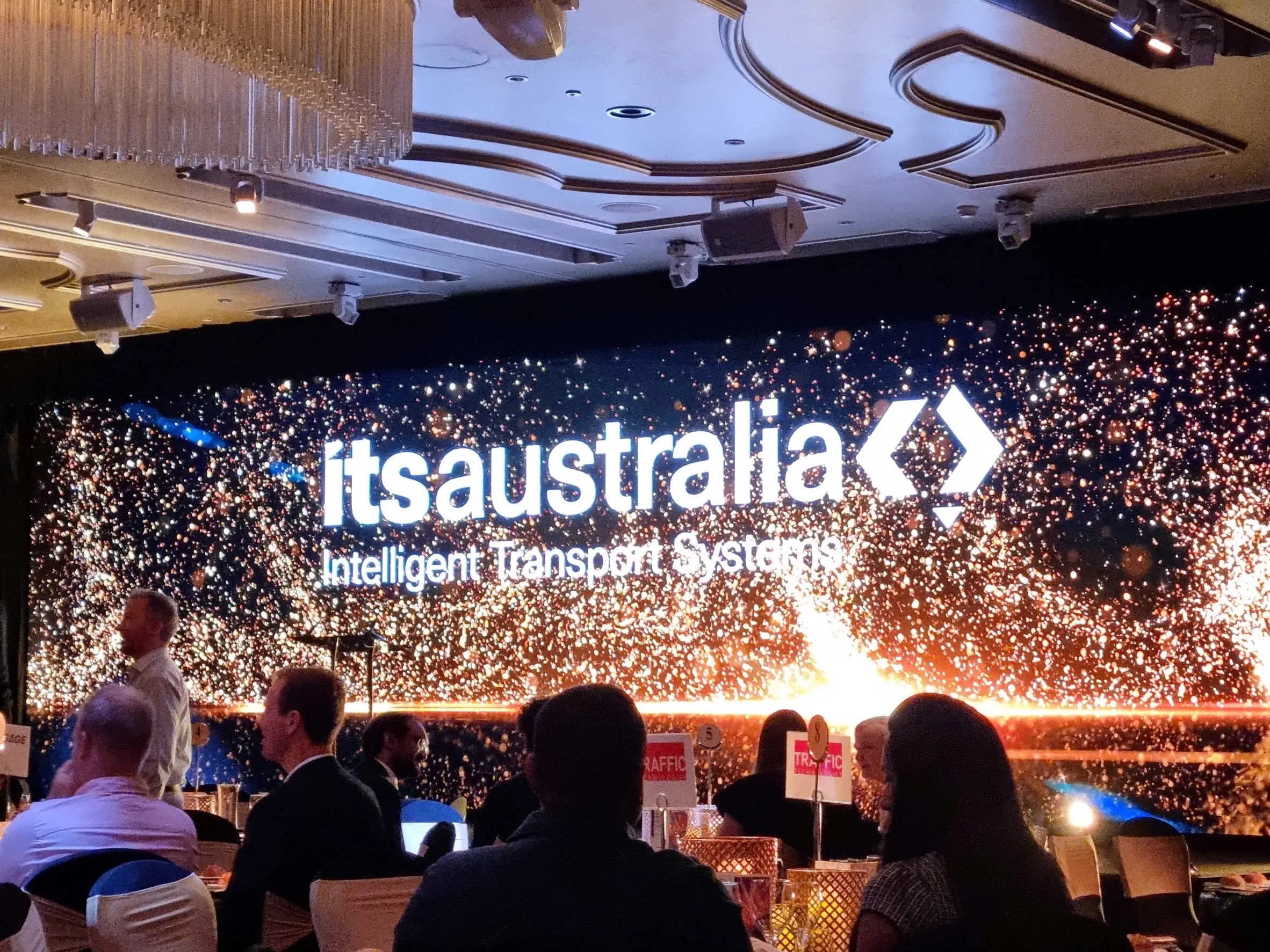Transport technology provider
The new system, OnBoad, is an extension of the Duty Allocation System (DAS) which helps minimise staff costs and overtime payments, reduce allocation wastage and manage driver payment and holidays.
The system protects against failed reliefs by allowing drivers to confirm that they are en route to the relief point, and uses mobile device location awareness to validate that they are close to the assigned takeover point.
OnBoard is a single portal for all interactions, including messaging, viewing of assigned work and late running notifications.
Trapeze launches OnBoard for bus operators to communicate with traffic office
Transport technology provider Trapeze has launched a new online portal to enabling bus operators to communicate with their traffic office in real-time from virtually any location. It also designed with the aim of improving schedule efficiency and driver shifts by using roadside relief points.The new system, OnBoad, is an extension of the Duty Allocation System (DAS) which helps minimise staff costs and overtime payments, reduce allocation wastage and manage driver payment and holidays.
October 12, 2017
Read time: 1 min









